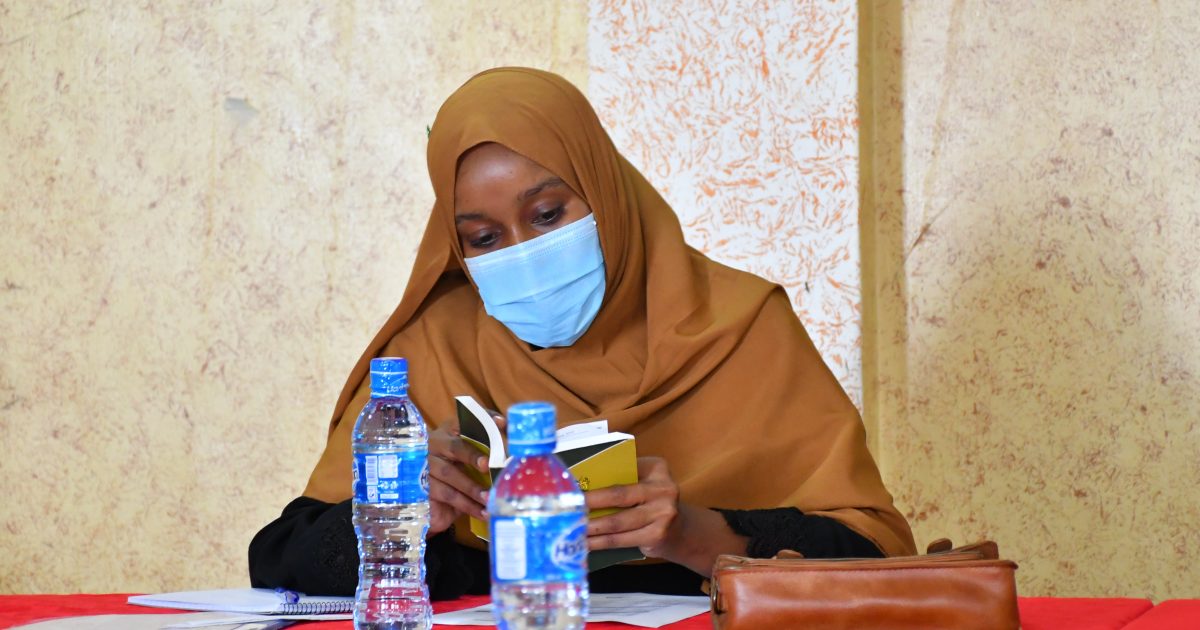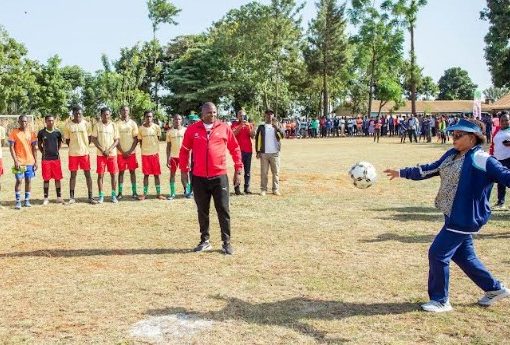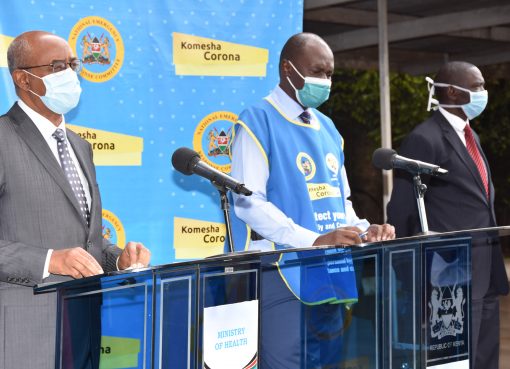The county government of Marsabit is planning to undertake a staff audit to ascertain gender equality in its establishments.
The CEC for administration and disaster management, Mohammed Omar, said there was political good will towards the endeavor that would see gender transformation in political, social and economic scopes.
Speaking during a workshop for the county disaster risk governance actors organized by Saku Accountability Forum (SAF), Mr Omar disclosed that a review in all the departments would be undertaken to ensure that placement of employees was done from an informed perspective.
The CEC informed the participants that Governor Mohamud Ali was committed to seeing that there was gender equality and equity in his administration hence the intended audit of personnel in his administration.
According to the CEC, the social and economic disparities between male and the female gender which are brought about by deep rooted cultural practices should be addressed to ensure the playing ground was responsive to both.
“Our communities are dominantly male-controlled in nature with women and girls treated with contempt because of gender stereotypes,” he said adding that awareness was key to reverse the trend as opposed to mere legislation.
SAF executive director James Forole noted that gender equality had been misinterpreted as a push to making the two genders one and the same which has continued to stifle progress in the fight for women and girls rights especially among pastoralist communities.

Mr Forole underscored the need for intense sensitization about gender equity in terms of respect and opportunities irrespective of whether they are male or female.
He pointed out that despite certain legislative moves the right to dignity, opportunities, access to resources remained elusive to women.
The mistaken belief among local pastoralist communities that men were superior to women had been embedded into the institutions hence the continued unfairness in gender roles as well as rights.
“This notion is largely to blame for the increased cases of gender violence as determination is made to contain women and girls in the status quo,” Said Mr Forole.
The meeting held that gender inequality in the county was excessive that could not be handled by a single entity and called for combined effort from all stakeholders in order to bring about the desired transformational change.
Local CEC for trade and industrial enterprise development Ms Amina Chala said that gender parity was still elusive not only in Marsabit but the whole country.
Ms Chala pointed out that apart from the affirmative action being used to mainstream gender representation in the public service, there was more to be done to achieve gender equity.
The workshop which was attended by representatives from both levels of government, civil society and NGOs held that awareness creation to influence behavior change at the village level would bring about bigger economic and political representation of women.
The participants also heard that insecurity fueled by rustling was impacting negatively on the efforts being made to foster gender equality in Marsabit County because women were being reduced to heads of households whenever their husbands were killed during cattle raids.
They urged for equal treatment to all communities in terms of disarmament saying withdrawal of Kenya Police Reservists (KPR) had made Marsabit residents vulnerable to their neighbors who were not disarmed.
By Sebastian Miriti




